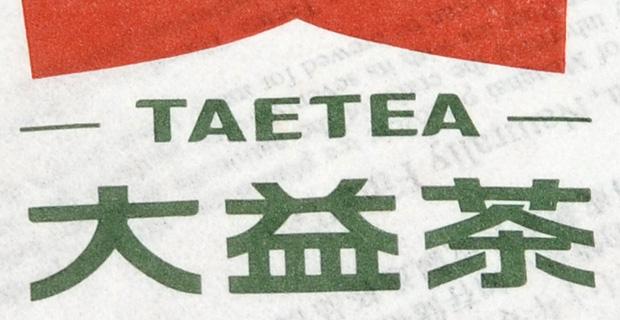Dayi Fake Puerh Tea Found in a Major Market
Maybe you are wondering, "Just how bad is the fake Puerh problem?" If this recent case from South China is any indication, then there is plenty of room for improvement. It is not news that huge brands like Dayi are plagued by fake Puerh tea, but it is rare to get a clear insider perspective on how these knockoffs are made and where the fake teas originate from. According the Guang Dong Provincial Public Security Department a fake Puerh tea ring managed to swap out over 8 tons of fake Dayi [Menghai Factory] and Laotongzhi [Old Comrade, Haiwan Tea Factory] tea for sale in Fangcun market. Five people were arrested and 22,916 cakes were seized.In July of 2014, Guangzhou police received a report which claimed that a man's Dayi tea... stored in his warehouse was switched with an identical amount of fake teas. The police in Liwan district paid attention to this report and formed a special investigation group to investigate further. After interviewing people regarding the inventory and checking the video monitors , the police found the criminal who switched the tea (named Lin), was a former worker in the warehouse who was previously dismissed. After interrogating Lin, he admitted his crime and also told the police the source of the fake teas. The police started a long-term investigation aiming to obtain enough evidence to capture all of the criminals involved at one time. (translated from Chinese from this police report)One of the interesting facts about this case is that the cakes were being made with non-Puerh tea from Hunan province, which was purchased by the criminals for "between 6-10 RMB per 500g" or what is the equivalent of around $1 per cake. The low price point of the fake tea certainly sheds some light on what kind of profit margins are out there as an incentive for tea forgers, especially when many new Dayi plantation cakes can easily exceed $40 per cake. Keep this in mind next time there is a too good to be true price tag on a brand name cake! Even more disconcerting than the profits is that their initial target in Fangcun market was not a lone wolf.
After checking the main suspicious tea shop, the police found there are many suspicious tea shops in Fangcun market involved in selling fake registered brand teas, and they began an investigation to target the supplier (translated from Chinese from this police report)
This story should be a word of caution for visitors to Chinese tea markets like Maliandao in Beijing or Fangcun in Guangzhou. Just because a teashop has a stall at a major tea market does not necessarily mean the consumer can let their guard down. Instances of fake Puerh tea are common in the modern Puerh marketplace and it is safe to assume this is not an isolated incident, but a symptom of a much greater problem.

